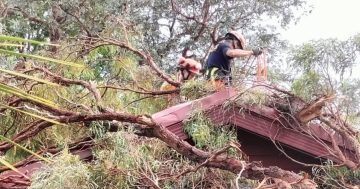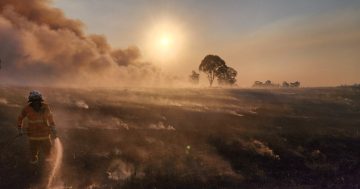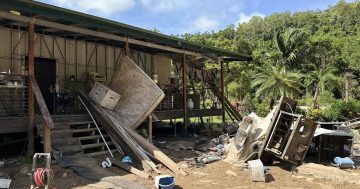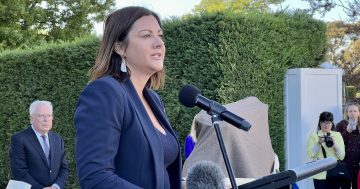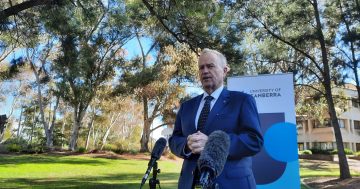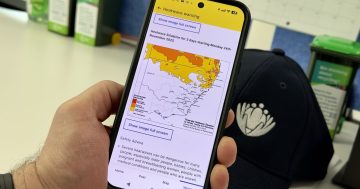 1. This week 10 years ago, the CSIRO was celebrating after taking out the award for best solution to an identified workplace health and safety issue at the 6th annual Safe Work Australia Awards.
1. This week 10 years ago, the CSIRO was celebrating after taking out the award for best solution to an identified workplace health and safety issue at the 6th annual Safe Work Australia Awards.
CSIRO Livestock Industries won for developing an electronically controlled Liquid Nitrogen (LN2) Filling Station to provide a monitored, well-controlled environment for handling LN2, which is an asphyxiant that presents a significant risk to staff using and dispensing it.
Chairman of Safe Work Australia, Tom Phillips said the awards recognised the “important work that organisations and individuals were doing to make work health and safety a top priority and ensure everyone returns home safely from work each day”.
2. In Queensland, a technical report on structural damage to buildings hit by Cyclone Yasi was expected to inform future design and construction standards.
Chairman of the Australian Building Codes Board (ABCB), which funded the report, Graham Huxley said James Cook University’s Cyclone Testing Station marshalled Australia’s leading cyclone researchers and building professionals to compile data for the report.
He said it made several recommendations for industry, governments and the community relating to the performance of building products, Australian Standards and the cyclone construction requirements of the National Construction Code.
3. Assistant Treasurer and Minister for Financial Services and Superannuation, Bill Shorten announced new rules for financial advisers to better protect consumers signing up for financial advice.
Mr Shorten said the Future of Financial Advice reforms were designed to provide further protections for consumers and to restore trust in the system following the collapse of Storm, Trio, Westpoint and other financial service providers.
He said many consumers lacked trust in the profession and there was a perception that advice was under-regulated and open to abuse.
4. Victorian Treasurer, Kim Wells announced this week 10 years ago that a new Independent Broad-based Anticorruption Commission (IBAC) would be set up to investigate, expose and prevent corruption across the public sector.
He said IBAC would take over the functions of the Office of Police Integrity and would have jurisdiction over all members of the Government, including the judiciary, Local Government, Members of Parliament and their staff, Police and the Public Service.
“Any citizen will be able to make a complaint to the IBAC about corruption,” Mr Wells said.
5. Staying in Victoria, the Minister for Water, Peter Walsh announced $19.3 million in funding to repair flood warning networks damaged in the State’s January floods, undertake more riverine flood mapping and develop a system to improve flood information and warnings.
Mr Walsh said this would boost the State’s capacity to cope with floods and improve response and recovery.
“It will give emergency services a more accurate prediction of flood behaviour and help individual landholders assess their own flood risk,” he said.
6. And in response to another natural disaster, the Victorian Government announced it would spend $5 million on the first stage of its Retreat and Resettlement policy of non-compulsory land acquisitions, as parts of its commitment to accept all the recommendations of the Bushfires Royal Commission.
Minister for Bushfire Response, Peter Ryan said the scheme would give eligible bushfire survivors who were unable or unwilling to rebuild the chance to move on and buy elsewhere.
He said the Government had also provided $50 million to fund safer electricity assets in line with the recommendations of the Royal Commission.


